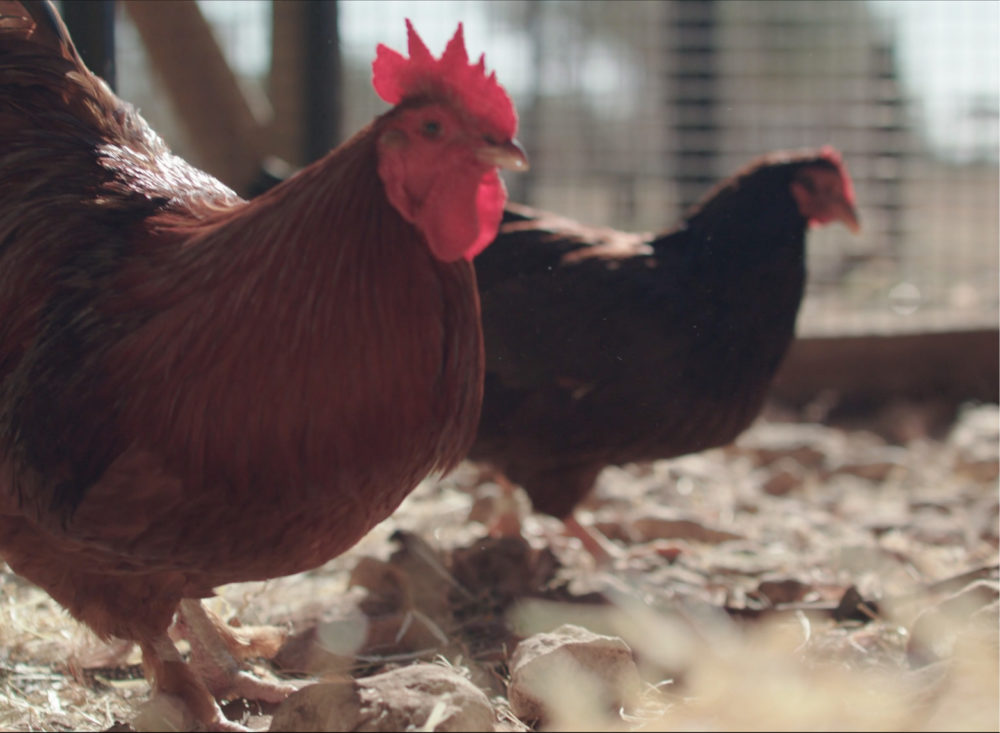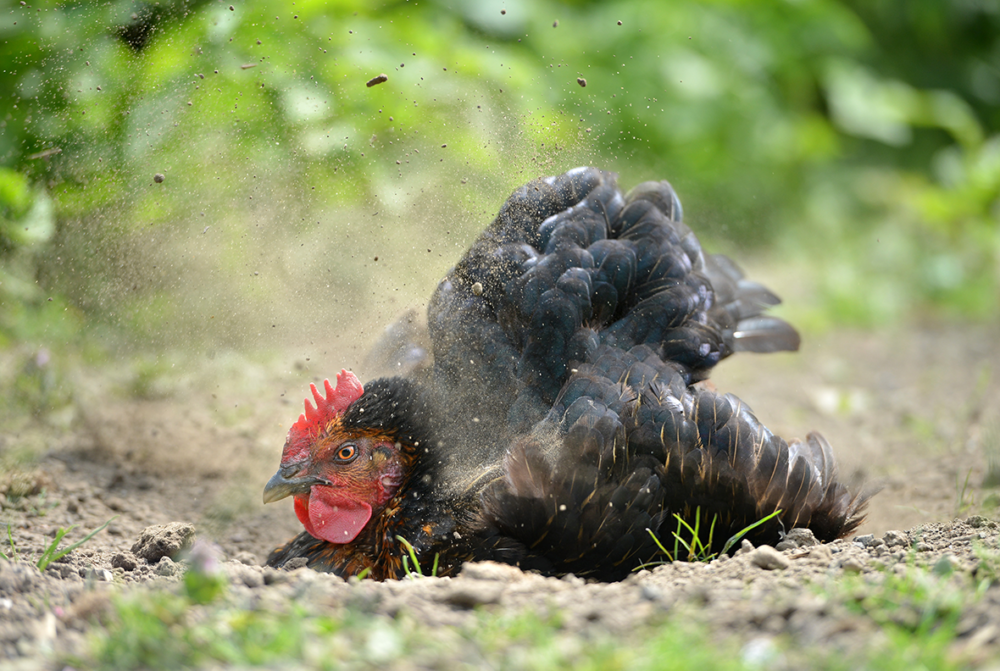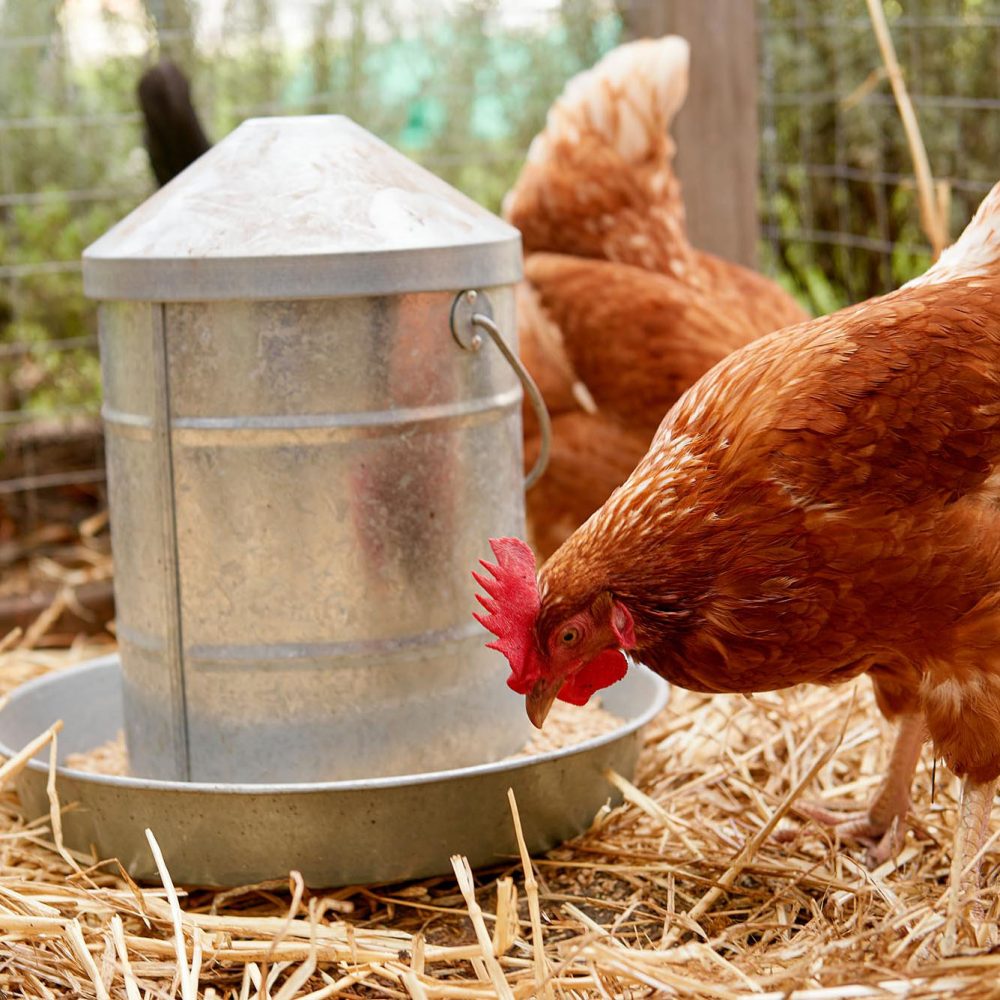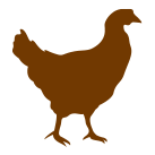CAN HENS HANDLE THE HEAT?
How chooks stay comfortable in summer.
 As the days and nights heat up, you may notice your chickens become unsettled as their bodies attempt to overcome temperature fluctuations and avoid overheating – or heat stress.
As the days and nights heat up, you may notice your chickens become unsettled as their bodies attempt to overcome temperature fluctuations and avoid overheating – or heat stress.
With an ideal ambient temperature range of 18 to 25°, chooks really feel the brunt of summer – especially because of their sensitivity to humidity. The combination of high temperatures and high humidity increases your chook’s discomfort, along with their chances of dehydration and heat stress.
Unlike humans, chickens don’t sweat and therefore have to find other ways of maintaining a safe body temperature.
Here are a few ways they cool down:
Panting/laboured breathing
- Their respiratory rate increases, their beak opens wide, and they often spread their wings. This helps remove heat from the body and increases the surface area exposed to air movement.
Sitting or seeming lethargic
- Your chicken has a tendency to sit more and has less of a desire to range. Watch their water and feed intakes as these may drop or cease.
Dust bathing or digging/burrowing
- Dust bathing removes direct sunlight from their feathers and skin. Digging/burrowing enables them to find comfort in cooler layers the dirt.

Spread wings
- This increases air movement in and around your chook’s body.
Selectively eating
- Reducing feed intake lowers the internal heat generated as part of digestion.

Increased water consumption
- As the kidneys start to compensate, they will try to keep a balance and increase fluid intake as their body expels more.
Diarrhoea
- Heat can cause digestive upset, a loss of nutrient digestion, and the expulsion of excess water and nutrients. This is due to the kidneys working hard, which leads to dehydration and fatigue.

